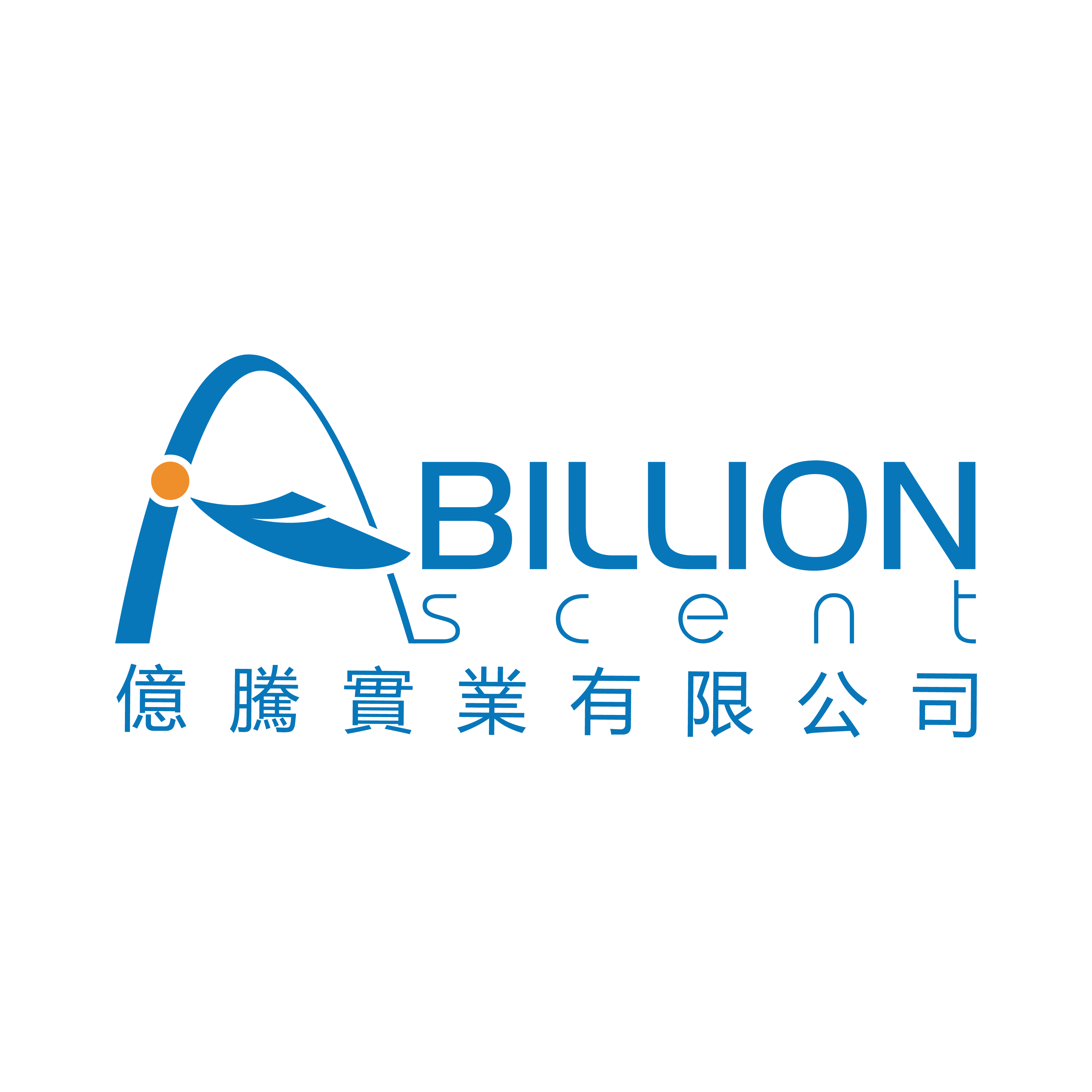WHAT IS PS ?
Polystyrene (PS) is a synthetic aromatic hydrocarbon polymer made from the monomer known as styrene. Polystyrene can be solid or foamed. General-purpose polystyrene is clear, hard, and rather brittle.
Polystyrene can be naturally transparent, but can be coloured with colourants.
Polystyrene (PS) plastic is a naturally transparent thermoplastic that is available as both a typical solid plastic as well in the form of a rigid foam material.
WHAT ARE PROPERTIES OF PS PLASTIC?
-
Polystyrene (PS) is a clear, amorphous, nonpolar commodity thermoplastic that is easy to process and that can be easily converted into a large number of semi-finished products like foams, films, and sheets. It is one of the largest volume commodity plastic, comprising approximately seven percent of the total thermoplastic market.
-
PS is a very good electrical insulator, has excellent optical clarity due to the lack of crystallinity, and has good chemical resistance to diluted acids and bases. It is also easy to fabricate into a large number of finished goods since it is a viscous liquid above its glass transition temperature (Tg) that can be easily molded.
-
Polystyrene is a not biodegradable plastic and resistant to photolysis. It is a major contributor to the debris in the ocean.
-
Excellent moisture barrier for short shelf life products
-
Significant stiffness in both foamed and rigid forms
-
Low thermal conductivity and excellent insulation with foam
PS APPLICATION
Polystyrene in Appliances: Refrigerators, air conditioners, ovens, microwaves, vacuum cleaners, blenders – these and other appliances often are made with polystyrene (solid and foam) because it is inert (doesn’t react with other materials), cost-effective and long-lasting.
Polystyrene in Automotive: Polystyrene (solid and foam) is used to make many car parts, including knobs, instrument panels, trim, energy absorbing door panels and sound dampening foam. Foam polystyrene also is widely used in child protective seats.
Polystyrene in Electronics: Polystyrene is used for the housing and other parts for televisions, computers and all types of IT equipment, where the combination of form, function and aesthetics are essential.
Polystyrene in Foodservice: Polystyrene foodservice packaging typically insulates better, keeps food fresher longer and costs less than alternatives.
Polystyrene in Insulation: Lightweight polystyrene foam provides excellent thermal insulation in numerous applications, such as building walls and roofing, refrigerators and freezers, and industrial cold storage facilities. Polystyrene insulation is inert, durable and resistant to water damage.
Polystyrene in Medical: Due to its clarity and ease of sterilization, polystyrene is used for a wide range of medical applications, including tissue culture trays, test tubes, petri dishes, diagnostic components, housings for test kits and medical devices.
Polystyrene in Packaging: Polystyrene (solid and foam) is widely used to protect consumer products. CD and DVD cases, foam packaging peanuts for shipping, food packaging, meat/poultry trays and egg cartons typically are made with polystyrene to protect against damage or spoilage.

